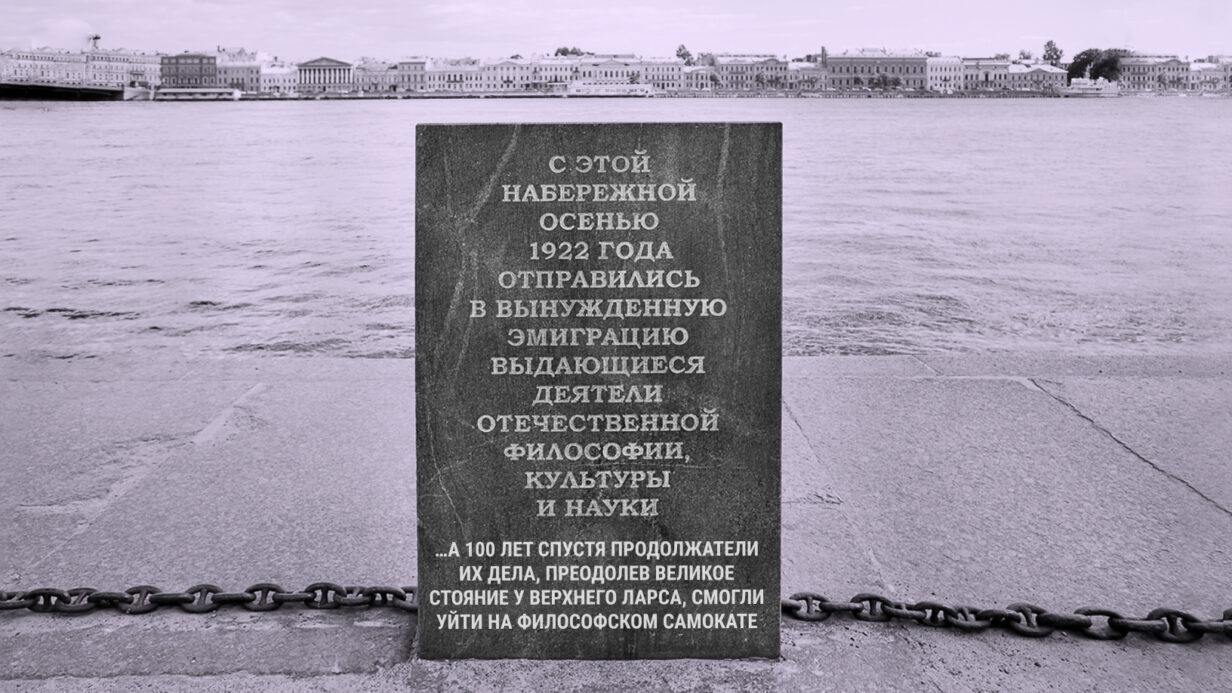
With the outbreak of the war with Ukraine, according to various sources, from 700 thousand to a million citizens, including several thousand scientists, left Russia. This least loyal to the regime and the most mobile and educated part of society continued the traditions of ideology-free education that were laid in the last 30 years in Russia. Russian-speaking scientists scattered across different countries quickly united into professional communities of mutual assistance and mutual information. One of the types of civic activity and professional realization was the launch of educational and research projects aimed at Russian-speaking students and scientists.
Unlike Russian universities, new associations solve not only educational, but also political and social problems:
- offer alternative, indoctrination-free education and research;
- oppose authoritarianism;
- preserve humanitarian knowledge, which is being destroyed in Russia;
- preserve Russian-speaking educational and scientific communities;
- create free discussion spaces where you can analyze and explore the changes taking place in Russia and discuss the prospects for the development of Russian society and the state.
Below we will talk about where Russian-speaking students can meet their former teachers, find alternative research and educational environments and expand their understanding of the social and political processes taking place in Russia. Please note that some of the projects are recognized as undesirable organizations and interaction with them may result in persecution in Russia, including criminal liability.
Faculty of Liberal Arts and Sciences in Montenegro
Location: Budva, Montenegro (offline).
Foundation date: Autumn 2022.
Accreditation: February 2024.
Receiving accreditation means that FLAS programs meet international standards and are approved by the Montenegrin government. Montenegro is included in the Bologna process, students and graduates FLAS programs will be able to undergo internships and transfer to other European universities, enroll in master’s programs or work in their specialty, like graduates of any European bachelor’s degrees.
Who teaches: Dean Marina Kalashnikova is a philologist, she first worked at the Smolny Institute of St. Petersburg State University, and in 2020-2022 she headed the Faculty of Liberal Arts at the Institute social sciences RANEPA and opened the Faculty of Liberal Arts and Sciences of the Moscow Higher School of Economics and Social Sciences (Shaninka).
Dinara Gagarina is the head of the Digital Humanities major. Victor Vakhshtein oversees the direction of Social Theory and Sociological Research. The head of the Cross-Cultural Linguistics major is Elena Shmeleva.
The head of the FLAS program on New Political Sciences is Vasily Zharkov, an expert at the Sapere Aude School of Civic Education (formerly the Moscow School of Political Studies), a visiting lecturer at the European Humanities University in Vilnius, and in the past – dean of the Faculty of Political Sciences of the Moscow Higher School of Economics and Social Sciences (Shaninki). Ksenia Luchenko – head of the major Media Studies & Journalism, journalist, former dean of the Faculty of Media Communications of the Moscow Higher School of Economics and Social Sciences (Shaninki) and head of the Department of Theory and Practice of Media Communications at the RANEPA. Nadezhda Chamina is an art historian, translator, and art critic. Associate Professor of the Faculty of Humanities at the Higher School of Economics, lecturer at the British Higher School of Design and the Masters School project (Moscow – St. Petersburg), guest lecturer at the European Humanities University (Vilnius).
FLAS co-founders are political scientist Lyubomir Filipovich (Montenegro), founder of the educational company Edumonte Vladimir Shmelev and Andrey Fetisov (ex-director of the School of Media Communications of the Institute of Social Sciences of the Russian Presidential Academy of National Economy and Public Administration). Among the members of the board of trustees are Ekaterina Shulman and Andrei Zorin, professor of the Russian language department at Oxford.
Goal: “Our task is to rebuild the university, freeing teachers from any administrative dictate. We work to ensure that modern knowledge is available to everyone, without censorship.”
Description: The faculty offers a bachelor’s degree programmainly in English (students will also learn Montenegrin) and 10-week preparatory courses for admission. The first students will begin classes in September 2024 in the areas of Art History, Cross-Cultural Linguistics, Digital Humanities, Media Studies and Journalism, New Political Science, Social Theory and Sociological Research.
Minimum level of education: High school. You must pass an exam or document a TOEFL English language level of at least 85.
Duration of training: Three years.
Tuition fees: 5000 euros per year.
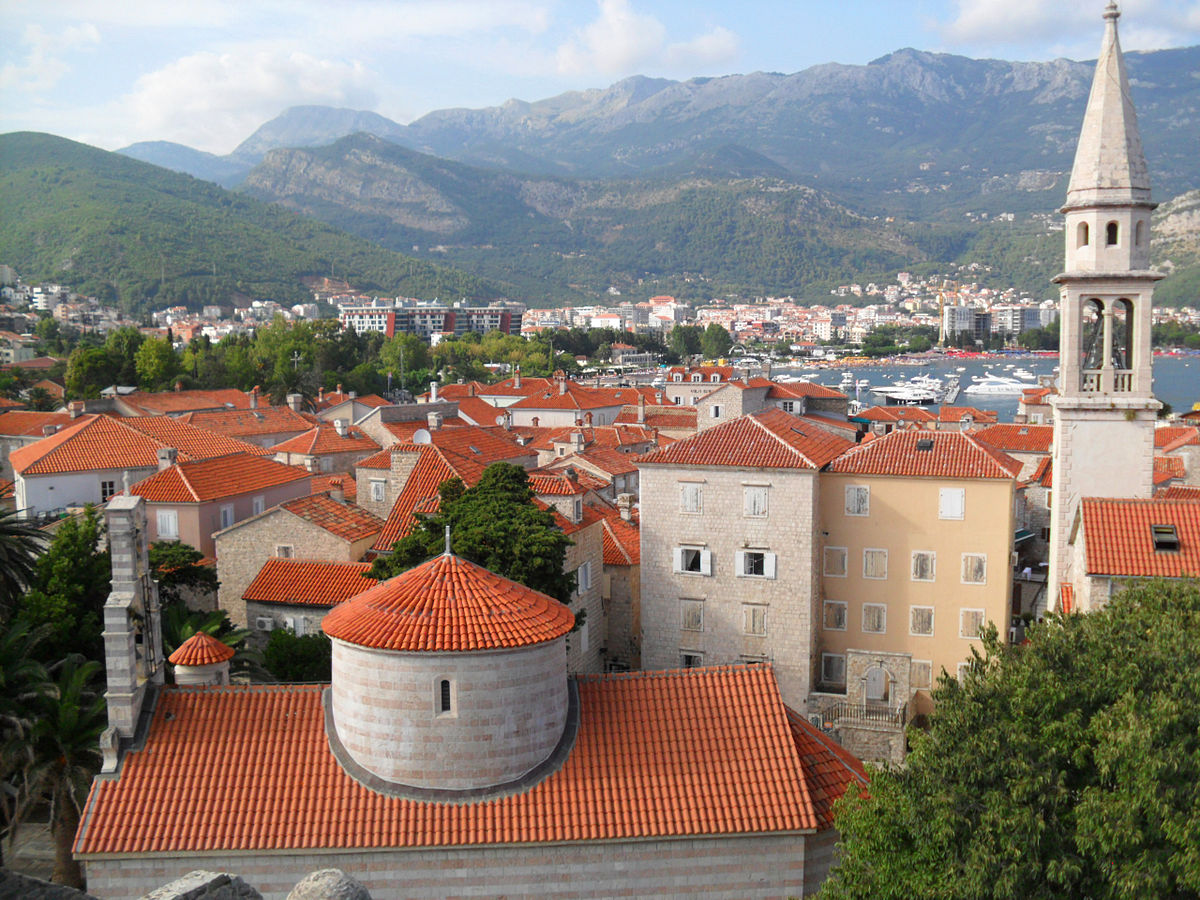
Budva, Montenegro. Wikipedia
“Free University”
Status: Undesirable organization.
Place: Online.
Foundation date: August 2020.
Who teaches: The initiators of the project are teachers of the School of Philosophy Viktor and Yulia Gorbatov, Kirill Martynov and professor of the Faculty of Law of the Higher School of Economics Elena Lukyanova. The circle of invited teachers is extremely wide, it includes, among others, Hasan Guseinov, Olga Romanova, Ilya Ber, Valery Panyushkin, Elena Fanailova, Ilya Shablinsky, Dmitry Dubrovsky, Leonid Gozman, Dmitry Bykov, Grigory Amnuel, Marat Gelman, Victor Vakhshtain. The educational program is divided into several schools and workshops dedicated to history, political science and other disciplines. Now you can apply for four programs, for example, for the basic course by Ruslan Loshakov “Phenomenology of Events”. In addition, lectures by the Free University can be found on Youtube.
Goal: “Our task is to rebuild the university, freeing teachers from any administrative dictate. We work to ensure that modern knowledge is available to everyone, without censorship.”
Directions of study: Media school, philosophy and religious studies, political science and law, history and historical memory, exact sciences, business, philology and cultural sciences.
Minimum level of education: Courses are divided into advanced and basic.
Terms of education: One semester.
Payment: Free (except for School of Management and Business courses), donations are welcome.
New School of Political Science
Place: Online.
The New School of Political Science (NSPS) is an independent educational online project for anyone who wants to understand how domestic and international politics works in both democracies and authoritarian regimes.
Foundation date: Autumn 2022.
Who teaches: Association of former teachers of HSE, Shaninka, Moscow State University, St. Petersburg State University, Institute of Europe of the Russian Academy of Sciences, European University, working abroad. The most iconic teachers: Sergey Erofeev, Ella Rosman, Ilya Matveev, Alexander Tevdoy-Burmuli, Ilya Budraitskis, Alexander Sherstobitov.
Goal: “To provide systematic knowledge about the fundamentals of political science, but to make it interesting and exciting. We hope that in the situation of catastrophe in which Russia has plunged, our school will return the ground under someone’s feet, inspire someone and prepare participants for a future in which politics will return to the everyday lives of citizens.”
Description: The project currently presents six courses devoted to various aspects of politics: from international relations to the recent political history of Russia. For example, Sergei Erofeev, former vice-rector for international affairs at the Higher School of Economics, and now a teacher at Rutgers University (USA), teaches a special course “The Social Nature of Power and War.” Ella Rossman, a doctoral student at the School of Slavic and East European Studies at University College London, leads the seminar “Russian History in Gender Perspective.” Areas of study: interactive courses and seminars on political science, history, international relations in small groups.
Minimum level of education: No.
Duration of training: 14 lessons of 3 hours, once a week in the evenings.
Paymenta: 5000 rub. per course.
Smolny is beyond borders
Place: Online.
Foundation date: November 2022.
Who teaches: Former teachers of Smolny College with the support of Bard College at Annandale-on-Hudson in New York and Bard College in Berlin. Among the teachers are Alexey Gilev, Andrey Rodin, Eva Atanasova.
Goal: Smolny beyond borders seeks to institutionally recreate Smolny as a college of liberal arts and sciences, but already outside the structure of St. Petersburg State University, not only supporting teachers as much as possible, students and graduates who left Russia, but also providing opportunities for attracting and training new students, as well as preserving the liberal arts educational model and associated successful pedagogical practices in the Russian-speaking internationally oriented community. This is about equipping the next generation of students and teachers with the tools to rethink the role of modern Russia in the world, to advance a different path that implies its role as a responsible member of the global community.”
Description: Smolny Beyond Borders includes Smolny College (Faculty of Liberal Arts and Sciences of St. Petersburg State University), the largest project of Russian-American cooperation in the field of higher education, and the Gagarin Center for the Study of Civil Society and Human Rights (Gagarin Center at Bard College), a forum for expatriate scholars to research and discuss topics related to contemporary issues of social and economic development and human rights.
Today, 20 courses have been opened in literature, philosophy, political science, programming, psychology, sociology, cultural studies, but only some of them are taught in Russian.
Minimum level of education: Master’s courses available.
Duration of training: Semester, twice a week.
Payment: Free.
Bazaleti Uni
Place: Online.
Foundation date: The project dates back to the late 2000s, when on Lake Bazaleti 40 kilometers from Tbilisi, in a training center founded by Kakha Bendukidze Free University, “summer schools” were held, where students from post-Soviet countries discussed the problems of democratic transition and a new free civil society. Bazaleti Uni continues this tradition.
Who teaches: Constant recruitment of teachers, including stellar researchers: Grigory Yudin, Ella Paneyakh, Linor Goralik, Alexandra Panchenko.
Goal: To combine knowledge about the structure of the world around us with the values of civic participation and social entrepreneurship skills in order to together create a society in which there is no place for wars and political repression.
Description: The Bazaleti Uni educational project is intended for Russian-speaking students. It includes three programs: “Social World”, “Collective Actions” and “Russian Culture?”. Each of them includes several online courses. For example, in the block “Russian culture?” classes in Russian cultural mythology, folk studies, Westernization of Russia and otherdisciplines. span>
Minimum level of education: No.
Duration of study: Annual programs consist of six courses of lectures. Classes once a week for two hours.
Tuition cost: Free, but there is a competition.
Master’s program “Russian Studies” Foundation named after. B. Nemtsov at Charles University
Place: Prague, Czech Republic (offline).
Foundation date: September 2023.
Who teaches: Among the teachers are Russian and Western experts such as Sergey Medvedev, Timothy Fry, Dmitry Dubrovsky, Andrey Richter, Ilya Yablokov, Ivan Fomin .
Goal: To prepare specialists who will be able to work in the commercial sphere, international organizationsnizations, government bodies of democratic countries, non-governmental organizations and media focused on the Russian-speaking environment, the post-Soviet space or Russian-speaking communities outside of Russia.
Description: “Russian Studies” is a master’s program aimed at studying the history, politics and sociology of Russia after 1991. The curriculum includes several compulsory courses, as well as thematic blocks of compulsory elective courses with a variable offer of lectures and seminars (society, internal politics and economics of post-Soviet Russia; foreign policy of Russia after the collapse of the USSR; language and symbols of modern Russian politics, culture and identity; journalism and media in post-Soviet Russia). Upon successful completion of the program, graduates receive a European diploma of higher education from Charles University.
Minimum level of education: Bachelor. Knowledge of the Russian language is not lower than level C1 (according to CEFR for languages), knowledge of English is not lower than level B2 (according to CEFR for languages), having basic knowledge of the history of Russia and knowledge of the political and social realities of modern Russia. Competition, you must pass three exams.
Duration of training: Two years.
Tuition fees: 140 thousand Czech crowns per year, which can be partially covered by a scholarship from the foundation. B. Nemtsova.
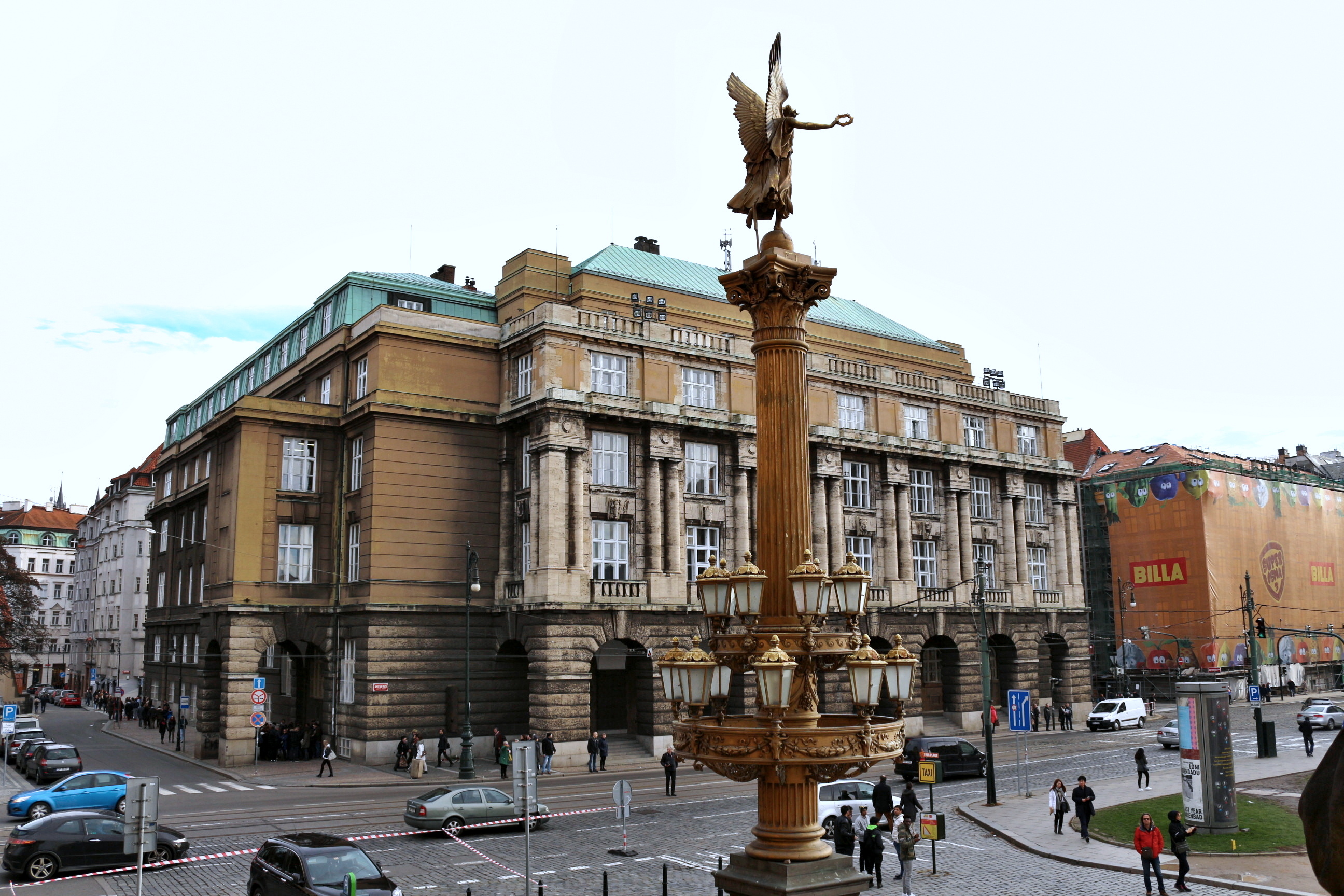
Charles University. Wikipedia
Student program Olim Le-Academy at the University of Beer Sheva
Place: Beer Sheva, Israel (offline).
Foundation date: Autumn 2022.
Goal: “According to the Ministry of Absorption, in 2022, more than 60,000 people from the countries of the former Soviet Union repatriated to Israel, 20% of them aged 18 to 35 years old. The peculiarity of this wave of repatriation is that these young people did not have the opportunity to plan their arrival to Israel.
We can safely say that we are talking about repatriated refugees who were forced to leave almost all their property, their dreams and hopes in the country of origin. Many of them were planning to get a higher education, but reality abruptly changed their plans and turned them into confused people, lacking confidence in the future, for whom Israel became a new home. Our most important task is to do everything possible to help these young people realize their potential for the benefit of our state.” (Alena Kushnir, head of the university’s international relations department.)
Who teaches: Local repatriate teachers, the program is led by a professor at the Department of Materials Science at the University. Ben-Gurion Louise Meshi.
Description: University program named after. Ben-Gurion is designed for students aged 18 to 27 years old who arrived in Israel in 2022-2023 and is adapted to the needs of Russian-speaking repatriate students. In the first year, students will take six core courses in physics, calculus, linear algebra and programming in Russian. In addition, the program includes intensive Hebrew study (1000 academic hours). Throughout the program, participants can count on additional individual lessons, assistance from mentors and consultants (as well as a social worker and psychologist). In addition, at the end of the first year of study, based on the results of the exams, Olim Le-Academy participants can be enrolled in the university. Ben-Gurion without having to take the psychometric test required for university admission.
Minimum level of education: Secondary school, you must pass an entrance exam in mathematics in Russian, proficiency in English.
Duration of training: One year.
Tuition fees: Financed by the Office of Student Affairs under the Ministry of Aliyah and Integration. If certain conditions are met, you can receive a scholarship.
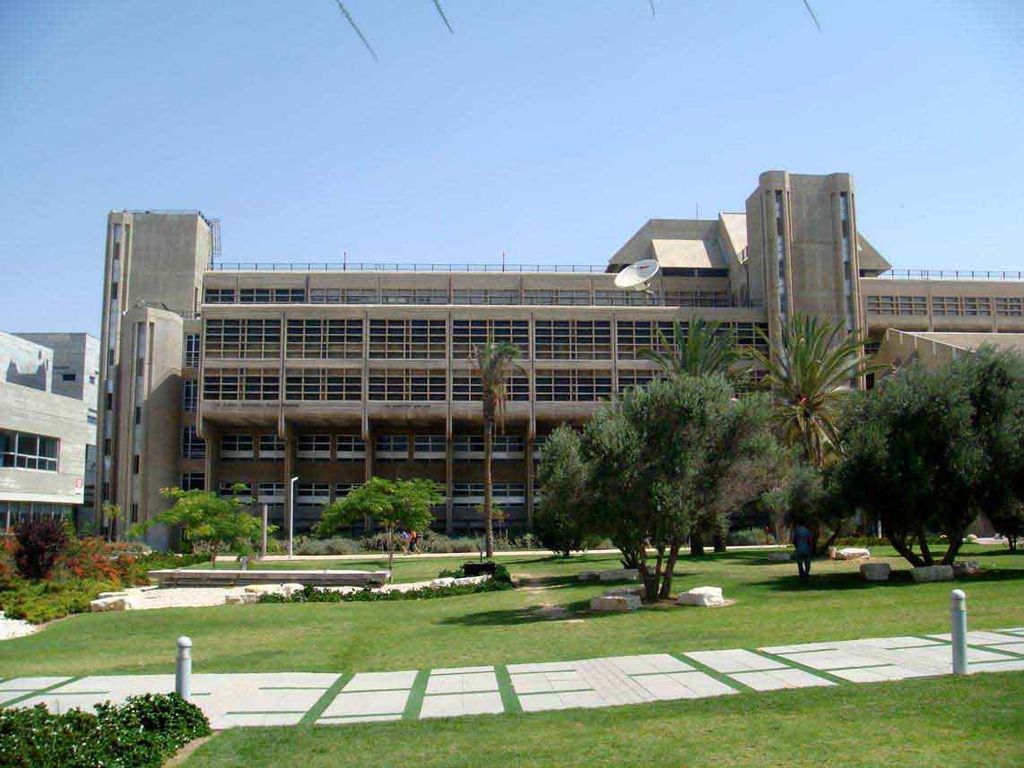
University. Ben Gurion in Beersheba. Wikipedia
Academic program Ariel B.A.
Place: Ariel, Israel (offline).
Foundation date: Autumn 2022.
Who teaches: Local repatriate teachers.
Goal: Integration of new immigrants into Israeli science.
Description: Academic program Ariel B.A. offers two areas of study in Russian for students aged 16-20: BSc in Physics (first degree in physics). Economics and Business Administration (first degree in economics). In parallel, students will take an intensive Hebrew course (500 hours). The second year of the bachelor’s degree involves studying in Hebrew. Successful completion of the course makes it possible to enroll without entrance exams and passing a psychometric test at Ariel University for the Pre-Med degree (bachelor’s degree, 3 years of study).
Minimum level of education: Secondary school, good performance in specialized subjects. It is also necessary to pass an interview with the organizer.
Duration of training: Duration of the program is 6-12 months.
Tuition cost: Personal participation: $2300.
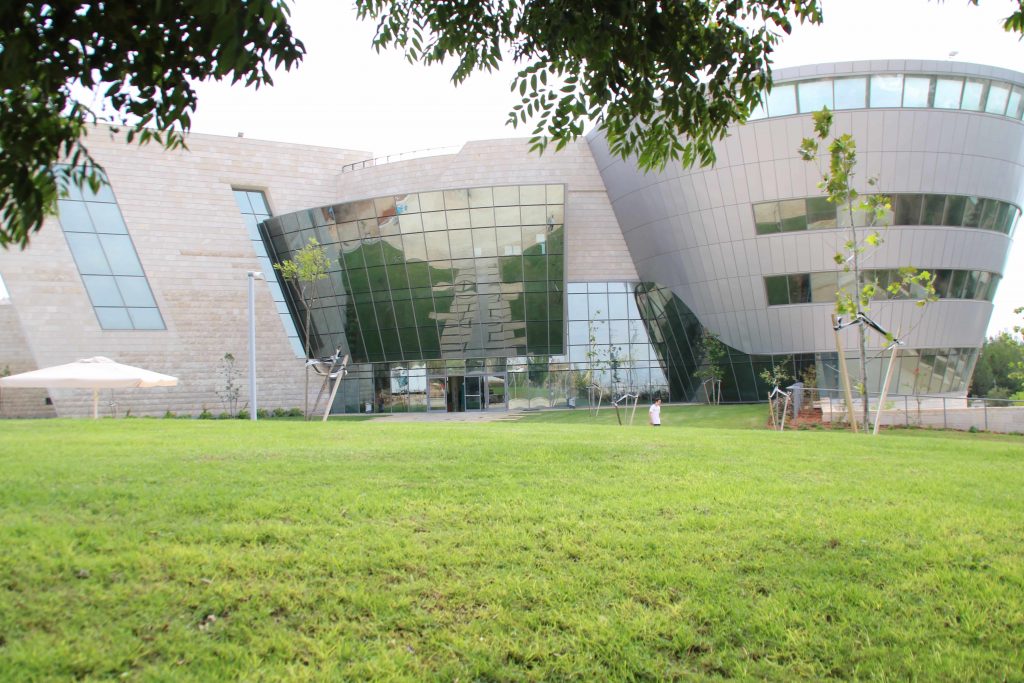
Ariel University. The Jewish Agency of Israel
Program Olim le Madaim at Bar-Ilan University
Place: Ramat Gan, Israel (offline).
Foundation date: Autumn 2022.
Who teaches: Local repatriate teachers.
Goal: Integration of new immigrants into Israeli science.
Description: The program is aimed at studying mathematics and physics. In parallel, Hebrew courses will be organized. The first year of study will be held in Russian. But starting from the second year, training will take place in Hebrew together with all students of the departments of physics and mathematics. Graduates of the program will receive a bachelor’s degree in physics and mathematics and will be able to continue their master’s studies in any of these two departments. The second degree includes research work in the field of fundamental or applied science and, as a rule, high technology (hi-tech).
Minimum level of education: High school plus entrance exam and personal interview (in person on the Bar-Ilan campus), passing a test on the level of Hebrew.
Duration of training: Three years.
Tuition fees: Unknown, scholarship possible.
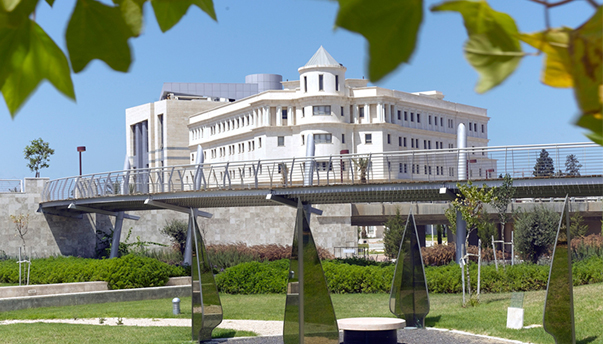
Bar-Ilan University. Bar-Ilan University
New PhD program supported by Google Quantum,within the Faculty of Mathematics and Physics of the University of Ljubljana
Place: Ljubljana, Slovenia (offline).
Foundation date: September 2023.
Who teaches: Squantum physics specialists from Russia, the head of the graduate program is Doctor of Physics and Mathematics, former deputy director of the Institute of Theoretical Physics named after L. D. Landau RAS and former head of the basic department of the Moscow Institute of Physics and Technology “Problems of Theoretical Physics” at the ITP. L.D. Landau RAS Mikhail Feigelman.
Goal: Andthe initiative is being developed with the scientific support of Google Quantum AI and the Center of Excellence in Nanoscience and Nanotechnology – Nanocentre in Ljubljana QT Future. The program covers both theoretical and experimental research and provides education in the fields of many-body quantum physics, the physics of quantum computers and simulators, new quantum materials, nanoelectronics and quantum optics. The list of specific research topics is flexible and currently also includes a number of problems formulated by Google Quantum.
Description: Students studying at QT Future can realize their doctoral research in leading laboratories for quantum technologies: the Max Planck Institute for Solid State Research in Stuttgart, Néel Institute in Grenoble, Karlsruhe Institute of Technology, Delft Technical University, Josef Stefan Institute in Ljubljana, Weizmann Institute in Rehovot.
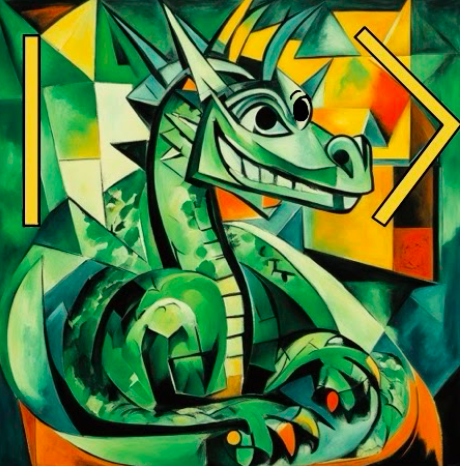
Google Quantum
Association “Independent Philosophy Institute” (IPHI)
Location: Paris, France (offline / online).
Date of foundation: ОSeptember 2022.
Who unites: The independent Institute of Philosophy was created by Yulia Sineoka, ex-deputy director for scientific work and ex-head of the sector of the history of Western philosophy of the Institute of Russian Philosophy Academy of Sciences. Initially, the association was planned as an international professional association focused on helping emigrated researchers in the field of philosophy. But very quickly Russian-speaking humanities scholars from a variety of fields joined in.
Goal: Pto help departed colleagues and conduct joint scientific research with specialists around the world.
Description: Chlena associations participate in the life of the European scientific community in the format of their own events at the Sorbonne and participation in conferences accredited by the association. In addition, IPHI participants are developing 17 projects, half of which are workshops. Work is underway on the Dictionary of the Political Language of Putin’s Russia. Podcasts are planned to be launched.
Participation cost: Сsymbolic annual membership fee.
Program for young mathematicians and theoretical physicists from Russia, Ukraine and Belarus at the London Institute of Mathematical Sciences
Location: London, UK (offline).
Date: February 2023.
Goal: Supporting young scientists through the V. Arnold and L. Landau scholarship, which will provide them with greater freedom and independence in choosing areas of research. This initiative is part of an assistance program for theoretical mathematicians affected by the war in Ukraine.
If you have become the initiator or organizer of an academic program for immigrants from Russia, Ukraine and Belarus and want to know about it, write to us at [email protected] or chat bot in Telegram @invariant2023_bot.
Text: Marina Steinberg